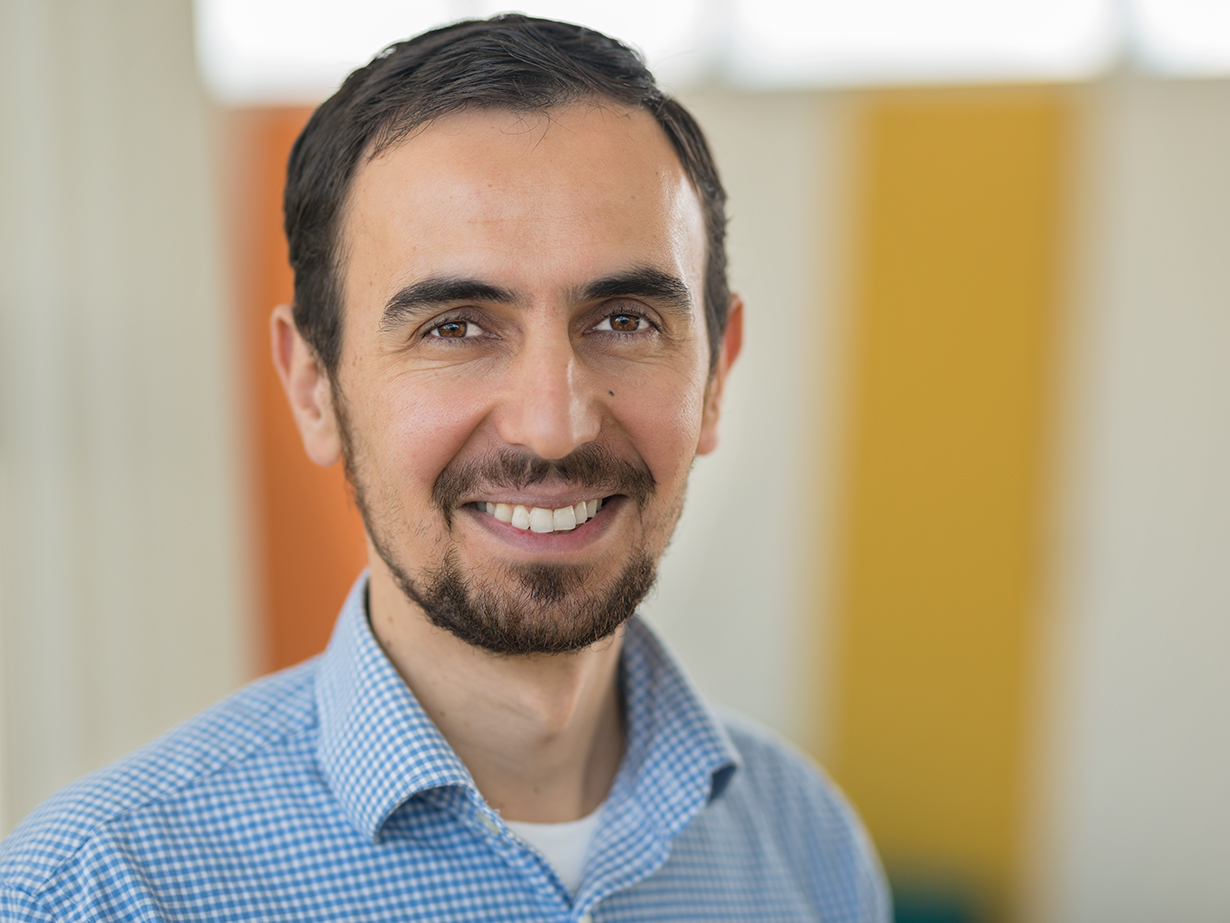On his first day of Second Grade in 1992, Flamur Vehapi arrived at his school to see soldiers barricading the entrance, declaring, “No more school for you.”
Eight-year-old Vehapi was confused and thought that only his school was affected. Then his parents told him that Serbian nationalists were shuttering schools all over Kosovo, forcing Vehapi and other Albanians to hold classes in secret.
It hadn’t always been like that. Vehapi was born in a village in the town of Lipjan in 1984 and recalled peacefully sharing classes with Serbian, Bosnian, Montenegrin and Roma classmates. His school’s closure was Vehapi’s first notice of the hostility that would culminate in the Kosovo conflict in 1998, displacing many people, including Vehapi and his family.
“Losing my school was the moment I realized I was different,” he says.
Now, at 35, the soft-spoken and dignified Vehapi realizes that this was the moment he developed his own national identity amidst the Serbian nationalists’ persecution of Albanians. Today, he also warns of the perils of nationalism.
“I’m an advocate of dismantling nationalism. It plants hate, sometimes about things that we don’t even understand,” Vehapi said. “Nationalism led to war in my own country, and it’s dividing communities all over the world.”
Throughout the mid-1990s, persecution of Albanians intensified, and conflicts between Serbian nationalists and the Kosovo Liberation Army became deadlier. Vehapi said that by 1999, the house shaking and windows breaking from bombings were regular occurrences. In April 1999, a Serbian paramilitary group showed up at Vehapi’s home demanding all of his family’s money, jewelry and gas and threatening to return in two hours for the rest of their belongings.
Convinced the soldiers would kill them, Vehapi and his extended family bolted toward their cars, even though they’d been warned against driving through the village.
Halfway through, they came across a checkpoint.
“He [a soldier] was waiting for us to get closer and shoot us,” Vehapi remembers. “I saw death in front of us.”
Just then, another soldier shouted his dad’s name twice. The soldier had frequented Vehapi’s father’s restaurant in the pre-war years and recognized him. Confused, the other soldier lowered his gun and let the family pass.
Those two shouts allowed the Vehapis to reach a relative’s village nearby. They stayed at refugee camps and with relatives in Macedonia, Italy and Switzerland before returning to nearly-destroyed Lipjan in August 1999 after the war.
After high school, Vehapi found work as an interpreter for the foreign aid workers who passed through town. Some of them, a family of missionaries from Jacksonville, Oregon, invited him to study at Rogue Community College (RCC). Now, he is earning a doctorate in education and leadership at Pacific University while also teaching at Portland Community College.
While completing his education, he also began writing, primarily poetry. His literary work is informed by his experiences in Kosovo, his interests in peace and conflict studies and his embrace of diversity over nationalism.
One of his favorite poems he’s authored is inspired by the thirteenth-century poet Rumi and emphasizes the common links binding humanity.
“We’re all connected in one way or another. We all came from one source, and we’re not there anymore,” Vehapi says. “We are all family, yet we are in conflict with each other for the most childish of reasons.”
He explains that his experiences in the Kosovo conflict have prompted him to reflect extensively on this idea and its iterations in today’s world.
“When I grew up, it was just you and your people. And anybody who was not your people was your enemy, that’s it. And I meet people like that here,” Vehapi comments . “To understand and live with diversity, we have to be willing to question our nationalism. If we don’t question it, everything is going to stay the same.”


2 thoughts on “Education Triumphs Over Nationalism”
Very intelligent human being, respectful to others and always have a friendly smile on his face. I am glad to know such a brother. Waddah
I am so glad to see this story about Flamur’s life and ideas. His work and teachings are an inspiration for me and my family. Thank you, Immigrant Story, for sharing the best stories about our lived experiences!
Comments are closed.